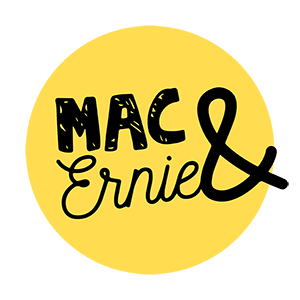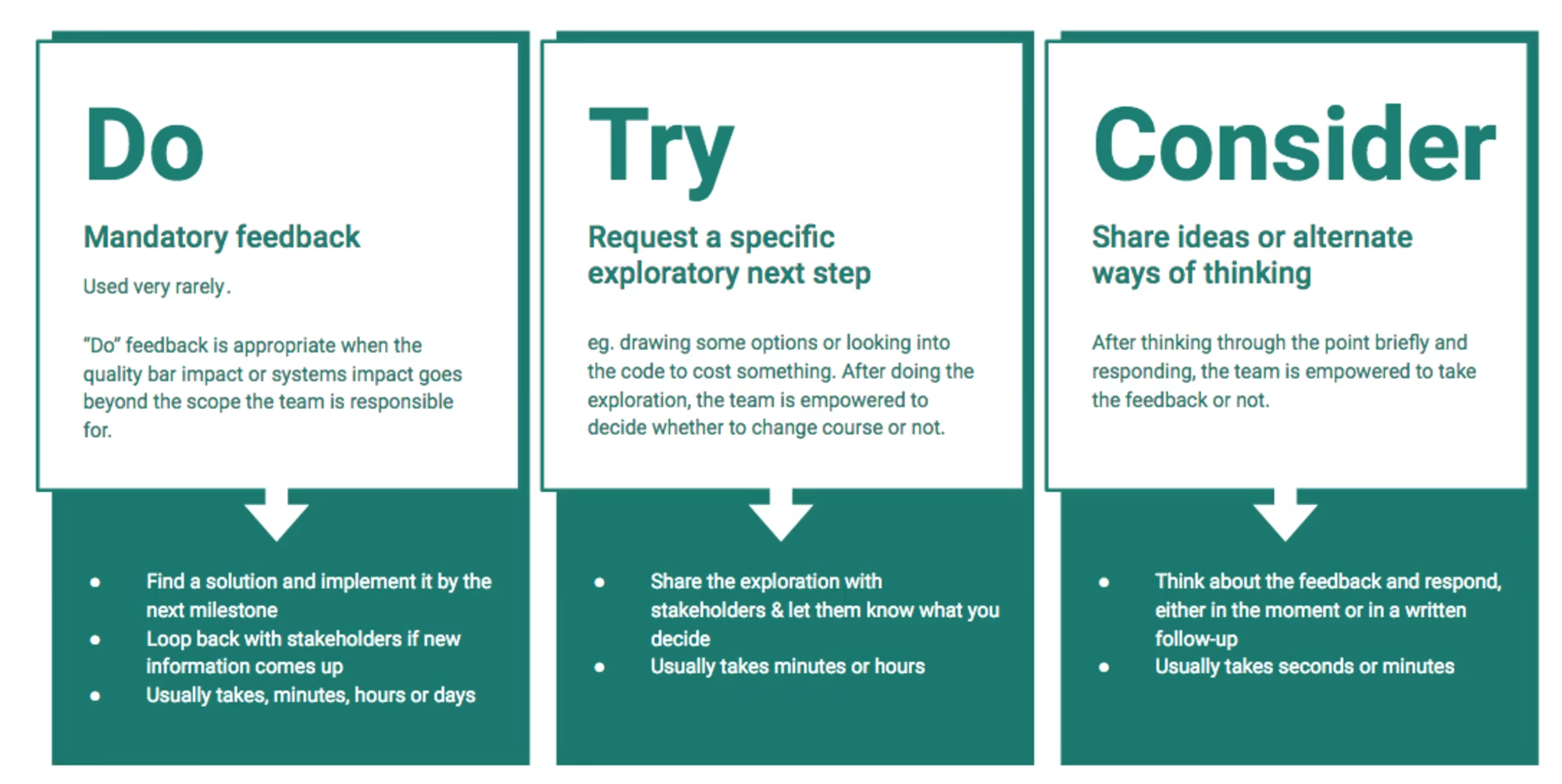Why I use a Do-Try-Consider framework in my Coaching (and how the “you should” culture doesn’t work)
If you’ve spent more than 10 minutes scrolling through social media, you’ve probably been hit with the familiar mantras:
👉 “Just do this one thing and your business will explode!”
👉 “Do this strategy every day!”
👉 “Do more. Do it faster. Do it better.”
Honestly? It’s exhausting.
This “do more” or “you should” culture feeds an always-on marketing trap - you probably know that feeling - that you must always be on, always hustling, always producing. This culture and this type of marketing has convinced small business owners that success comes from intensity rather than intention.
But that’s not how sustainable business or organisation works - there are other ways, better ways and I’d like to introduce you to one of those alternatives.
I haven’t spoken much about my coaching method over the years, but I’ve been refining a simple but powerful structure called Do-Try-Consider - a framework that creates clarity, reduces overwhelm and supports healthier, more thoughtful decision-making. It’s the opposite of shouting orders. It’s a conversation.
Before I explain how I use it, here’s where it began.
Where “Do-Try-Consider” comes from
This framework was originally developed inside Asana as a way to give feedback within their design teams. A few years ago I read an article where product designer Joshua Mauldin shared how it emerged from the team’s need for clearer, kinder, more useful feedback.
The Do-Try-Consider framework. (Image source: jackiebo.medium.com)
The above framework was created because feedback often sounded unclear or overly directive and that caused tension, confusion, and unnecessary pressure.
To paraphrase the above framework and how I read it:
Do meant: This is required. It must be done by the next milestone.
Try meant: This is a suggested experiment. Not mandatory, but worth exploring.
Consider meant: Here’s an idea or thought for later. Take it or leave it.
The purpose was simple: to create a language that offered guidance without forcing a single “right” way to do things.
It’s thoughtful. It’s human-centred. And it translates beautifully into coaching which is why I’ve adopted and adapted it into my coaching style - because what is coaching, if not feedback?
Why I adapted and redeveloped this framework for my marketing coaching
Most small business owners and leaders don’t need more instructions. They certainly don’t need another stranger on the internet telling them what to do.
What they need is:
Clarity
Agency
Support
Space to grow
Permission to experiment
Structure that reduces decision fatigue
Guidance that isn’t overwhelming
That’s why I’ve adapted this model into my own coaching practice. It allows me to offer strategic direction without contributing to the pressure cooker that so many entrepreneurs already live in.
Here’s how it helps:
1. It simplifies decisions, offering three clear types of feedback or recommendations to make it easy to prioritise and understand your next steps.
2. It creates a shared language, so you know what needs doing now, what’s worth exploring, and what’s optional.
3. It builds psychological safety by avoiding the all-or-nothing feeling. There’s no shame, no pressure, no “should”.
4. It encourages experimentation rather than perfection, so you get curious instead of stressed. We test ideas instead of forcing them.
This framework is freeing - which is the exact opposite of the hustle-heavy directives dominating Instagram and TikTok.
How I use the framework in my coaching
Firstly, it’s subtle. I don’t list actions for you under headings. Instead, we discuss goals, resources, confidence, skills and then we start to make plans for what you need to do, what you could try and what you might consider. Here’s a breakdown:
DO - The non-negotiables
In coaching, “Do” refers to actions with clear purpose and clear benefit - things that genuinely matter for progress towards goals. These are not “do more for the sake of doing more.” They’re not endless tasks to feed the algorithm.
They’re strategic, essential, and directly tied to your goals.
Examples:
“Do update your Google Business Profile this week - your local SEO depends on it.”
“Do use the search bar on LinkedIn to find ten new voices, each week, that resonate with you and follow them.”
“Do set up your email welcome sequence - we need this foundational piece in place.”
“Do make your postage costs clearer so people don’t get a shock at the checkout”
A Do is required, but never overwhelming. It’s focused, achievable, and intentionally limited.
TRY - the experiments
“Try” is my favourite category. This is where curiosity lives.
A Try is something that might work for you, depending on your personality, your strengths, your audience, or your capacity. There is no pressure here and it’s safe to fail because you’re just trying and learning.
Examples:
“Try posting a behind-the-scenes Reel and see how your audience responds.”
Try shifting your caption to a storytelling angle this week.”
“Try promoting your accommodation to corporate groups this month and track the response.”
“Try doing one or two stories a day to see if your engagement rates rise.”
“Try writing a LinkedIn article on a topic that you’re passionate about".”
A Try is an invitation, not an instruction. You can explore it or leave it, and you’re still moving forward either way.
CONSIDER - The ideas for later
“Consider” is where we place the things that spark interest but aren’t urgent. This prevents overwhelm and preserves creativity.
Examples:
“Consider a seasonal package for weddings next quarter.”
“Consider adding a monthly blog to boost SEO when your capacity increases.”
“Consider outsourcing your ads later in the year.”
These ideas stay visible but not demanding. They’re seeds, not tasks.
Why this approach matters more than ever
Today’s online, personal brand and small business culture equates success with constant content and hustle, but many small business owners, leaders and people working in service-based organisations are juggling multiple responsibilities like marketing, operations, admin, customers, families, full lives…and they don’t perform well in that hustle culture. Do you?
That said there are plenty of people who do thrive in that state and are really good at making it look easy. I compare myself to these people all the time and sometimes think “why can’t I get more done?” but the people I work best with, the ones who are drawn to my business:
Thrive when they have clarity.
Thrive with supportive structure and manageable tasks.
Thrive when pressure is replaced with possibility.
Thrive when comparison is replaced by creativity.
The Do-Try-Consider framework creates exactly that.
It helps you avoid the “always on” trap. It stops you from feeling like you’re failing if you’re not doing everything. It guides you without pushing you. And, most importantly, it puts you back in control of your business instead of letting social media run it for you.
If this approach feels like a breath of fresh air, that’s intentional. This is how I work - clear, collaborative, pressure-free, and tailored to your capacity and goals.
If you want a marketing strategy, social media policy or guide or a support system that actually feels good (and doesn’t add more to your already full load), this framework is just the beginning.
Book a free discovery call with me for a time that suits, to see if we’re a good fit, especially if you’d like to:
Get clear on what actually drives your marketing (so you stop wasting time and money on things that don’t work).
Build consistent, sustainable visibility that converts into bookings, sales, and repeat business - without the burnout.
Develop a public leadership voice that aligns with your values, your personal and organisational goals and increases your influence - without performing.
Structure your ideas into a plan that improves efficiency and reduces costly guesswork.
Feel confident in your decisions instead of second-guessing everything (which leads to faster action and stronger results).
Create the space, systems, and strategy you need to grow your business revenue, not just maintain what you’ve already built.
Identify the highest-return activities for your business so you can make smarter, more profitable marketing choices.
You can work with me to make your marketing feel lighter, more intentional, and more rewarding.
Hi, I’m Erika.
I work with small businesses, organisations and leaders who want clarity around visibility, influence, and public voice without performance, hype, or unnecessary risk.
I’ve spent 30 years in marketing, employer brand, social media training and customer experience, so I spend a lot of time learning and thinking about how people interpret information, make decisions, and respond to uncertainty. That lens shapes everything I do.
If this piece resonated and you’d like to discuss it more, I invite you to connect with me on LinkedIn or send me an email.


